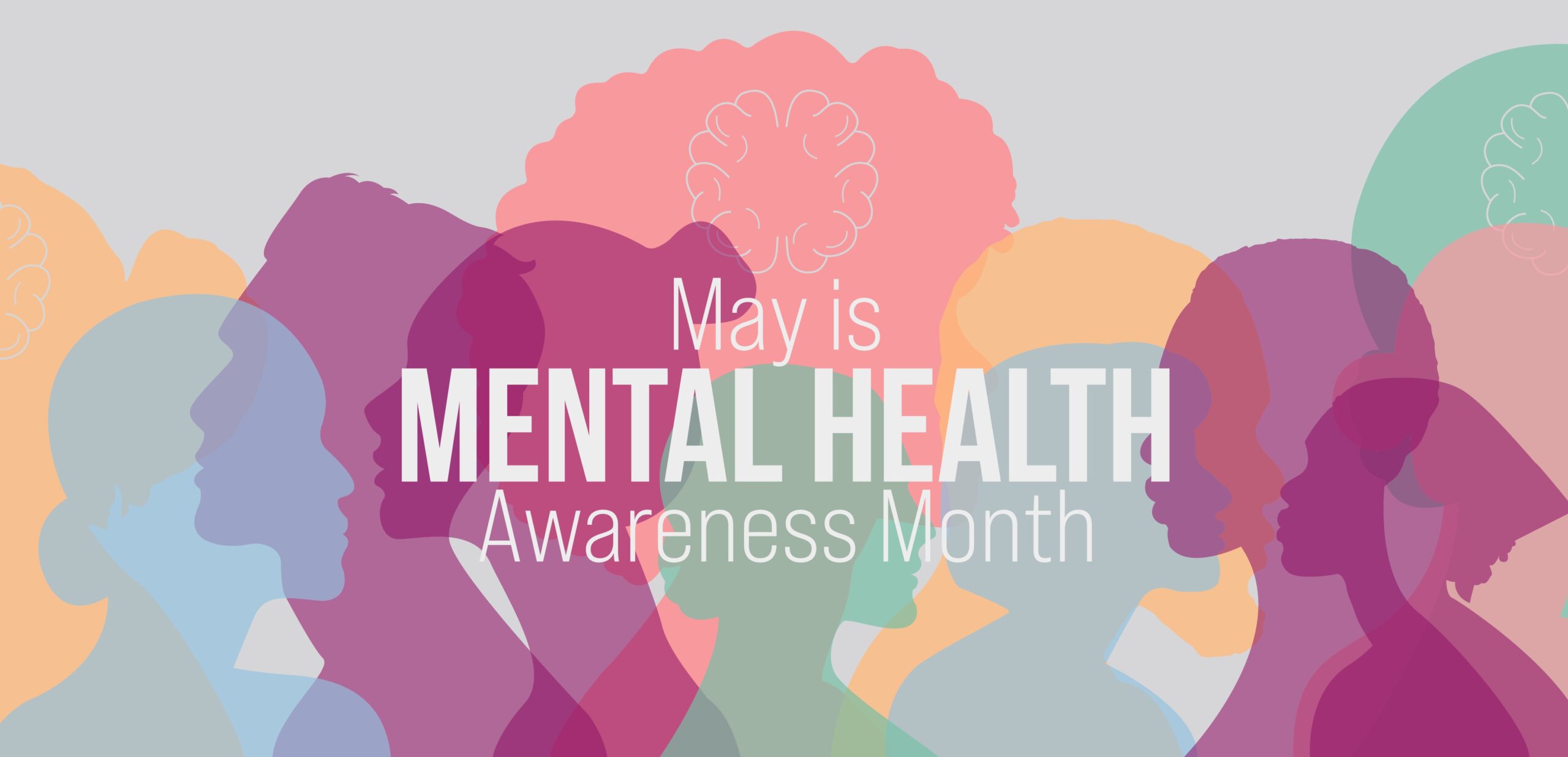 Puberty is a natural process of maturation, bringing about significant physiological and physical changes. Understanding nutrition during puberty can greatly benefit your child’s development. Typically beginning between the ages of 8 to 13, you may have already noticed some evident signs of transformation i.e., growth spurts. Puberty also introduces various subtle social and emotional shifts as your child seeks independence and their identity begins to bloom as an individual. Amidst these numerous changes, it can be overwhelming for not only your child but also you as a parent to understand and embrace the various contributing factors to these changes. So as your child experiences or heads into their formative early adolescent years, let’s explore some of the physical, emotional, and social experiences during puberty that contribute to shaping the foundation of their current and future relationship with their body, food, and entire well-being.
Puberty is a natural process of maturation, bringing about significant physiological and physical changes. Understanding nutrition during puberty can greatly benefit your child’s development. Typically beginning between the ages of 8 to 13, you may have already noticed some evident signs of transformation i.e., growth spurts. Puberty also introduces various subtle social and emotional shifts as your child seeks independence and their identity begins to bloom as an individual. Amidst these numerous changes, it can be overwhelming for not only your child but also you as a parent to understand and embrace the various contributing factors to these changes. So as your child experiences or heads into their formative early adolescent years, let’s explore some of the physical, emotional, and social experiences during puberty that contribute to shaping the foundation of their current and future relationship with their body, food, and entire well-being.
Being comfortable and compassionate about change
Before we dive into talking about puberty – it’s important to acknowledge giving your child respect and space as their own individual. Through these numerous changes, it’s natural for them to experience moments of embarrassment and discomfort regarding their evolving appearance or changes in eating patterns. It’s important to remind both yourself and your child that this transformative period is a normal part of growing up and should be approached with self-kindness and self-compassion.
Feeding Their Growing Bodies: The Importance of Nutrition During Puberty
 One of the most prominent changes during early adolescent years is the increase in their overall nutritional requirements. As their bodies grow and change in body composition, so do their appetites and eating patterns. For girls and boys alike, they both require a greater demand of energy and nutrients linked to their growing bone mass, organ enlargement, muscle development, and increased metabolic rate related to an increase of lean body mass.
One of the most prominent changes during early adolescent years is the increase in their overall nutritional requirements. As their bodies grow and change in body composition, so do their appetites and eating patterns. For girls and boys alike, they both require a greater demand of energy and nutrients linked to their growing bone mass, organ enlargement, muscle development, and increased metabolic rate related to an increase of lean body mass.
Boys generally experience rapid growth around the age of 12 to 15, with a steadier linear gain extending into their later adolescence (1, 2). On the other hand, girls experience a gradual yet steady increase of growth, often commencing earlier from age 8 to 12. These changes are also accompanied by a natural increase in fat mass for girls as their body matures through characteristics like breast development.
Even prior to your child experiencing a growth spurt, they may undergo noticeable weight gain. As these shifts occur, it is essential to recognize that their bodies are anticipating a period of growth and development (3). Consequently, their body is preparing for it by accumulating all the essential nutrients to fuel this process, and weight fluctuations and weight gain at this time is very common. Your child will most likely also experience changes in appetite. It’s important to encourage them to eat a considerable variety of foods to meet their increased nutritional needs beyond just adequate energy intake. This is increasingly important if your child takes part in any additional recreational exercise or athletic commitments as they may require more protein, minerals, and energy.
Feeding The Developing Brain
 Along with a growing body, youth heading into adolescence are also undergoing critical developments in their brain function (4). To promote healthy neurodevelopment, nutrients like essential fatty acids, iron, and zinc are important to supporting neurophysiological processes like visual development, cognitive function, and memory.
Along with a growing body, youth heading into adolescence are also undergoing critical developments in their brain function (4). To promote healthy neurodevelopment, nutrients like essential fatty acids, iron, and zinc are important to supporting neurophysiological processes like visual development, cognitive function, and memory.
Other Notable Nutrients for Nourishment
 As parents and caregivers, providing your child with a well-rounded diet rich in these essential nutrients is key during this transformative period. Here are some prominent nutrients to pay attention to offering to nurture their changing bodies:
As parents and caregivers, providing your child with a well-rounded diet rich in these essential nutrients is key during this transformative period. Here are some prominent nutrients to pay attention to offering to nurture their changing bodies:
- Calcium & Vitamin D – One of the major components of growth during puberty is the skeletal mass. To promote adequate and optimal bone formation, nutrients like calcium and vitamin D are necessary (2, 3). Although these nutrients are primarily associated with dairy products like milk and yogurt, calcium can also be found in legumes and vegetables like leafy greens, beans, and tofu.
- Iron – Iron is essential to the formation of our red blood cells which carry oxygen throughout the body. Alongside their growing body, your child’s blood volume is also increasing and with that the need for more iron (3). Iron deficiency can result in fatigue and decrease in cognitive focus as they are unable to provide adequate oxygen throughout their body. Girls are especially at risk for iron deficiency or iron deficiency anemia as they start to experience menstruation and actively deplete their iron stores through blood loss.
Keeping these nutrients in mind, it’s still important to focus on having a variety of nutrient-dense choices available to them. This can include trying to incorporate sources like fish, nuts, seeds, lean meats, dairy, whole grains, and a colourful range and fruits or vegetables into their everyday foods. By extending these options, you can help your child by supporting them with nutrients for their physical growth and further hormonal or physiological changes their body experiences as it matures.
Social and Emotional Factors Affecting Nutrition During Puberty
Finally, as youth transition into this phase of life, their eating patterns can be shaped by a diverse range of factors. From newly explored personal beliefs to new environments and increased autonomy, these social and emotional factors all play a role in defining or influencing your child’s eating patterns.
- Relationships & Media – Throughout this stage of life, relationships can hold a lot of influence. This can be seen through a desire of social acceptance or conformity particularly for younger adolescents. As a result, friends, peers, trends, and media exposure can shape your child’s preferences and choices. It’s important to observe these influences that may be affecting their perceptions or relationship with their body and food.
- Schedules and environments – Especially as they head back into the school from summer break, transitions in schedule like lunch schedules and wake up times can alter their eating habits. This extends into more drastic changes that may be taking place, like changing grades and moving from elementary to middle or high school.
- Autonomy – Puberty is also a time which brings a desire for independence. Your child may be seeking more autonomy in various aspects of their life particularly when it comes to choosing what and when they eat. This can be seen in different ways like learning to make their own meals or pack their own lunches, or high schoolers who may eat away from home more frequently. Choosing to eat more snacks or grazing over regular meals is also a common habit for youth.
- Exploring Identity and Belief – Along with independence, this is also a period of self-discovery. As they explore this developmental period, they may experience a change in preferences or dietary choices such as adopting a vegetarian diet to align with developing personal beliefs.
Throughout all these changes that your child is experiencing, Ultimately, it’s important to patiently provide them with a safe and open space to empower them to make informed choices about their body and health. These years bring about more than a physical change to them and begin to also shape their individual identity and attitudes towards their body, mind, and relationship with food.
Sources:




